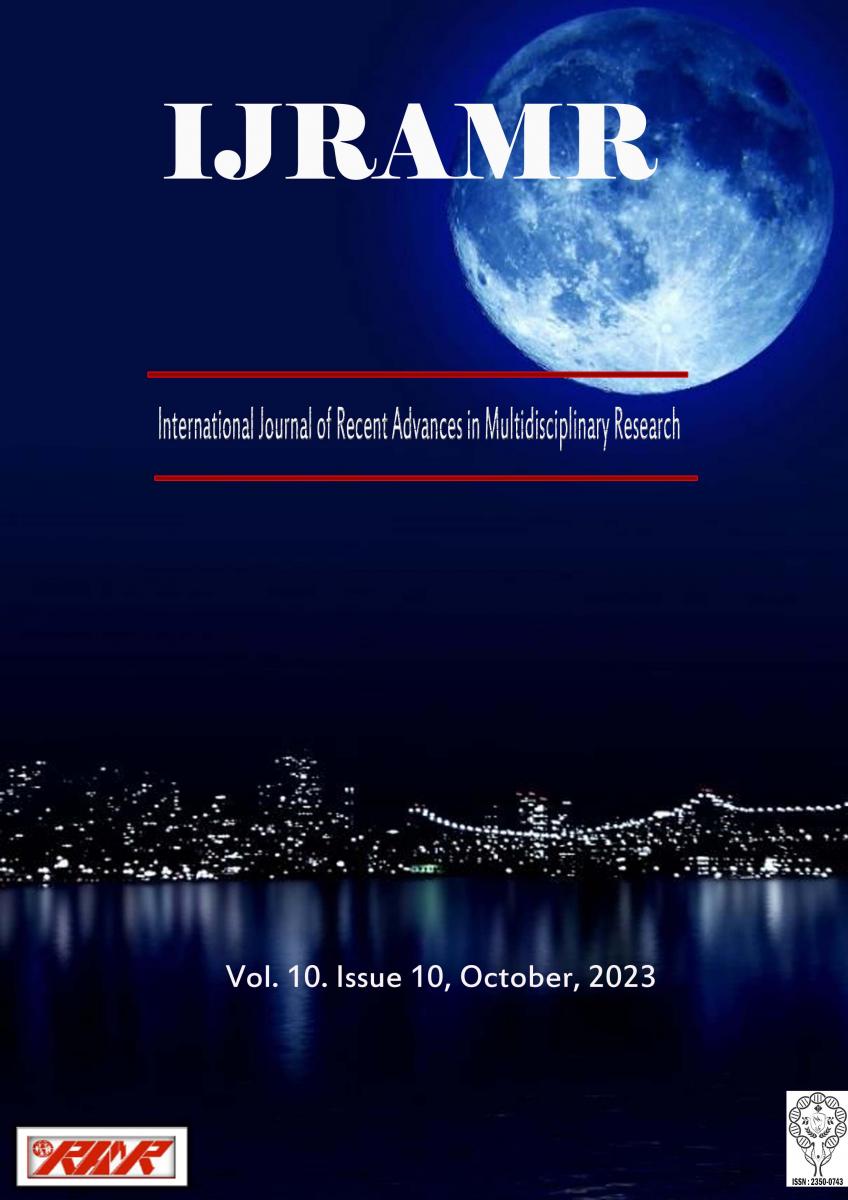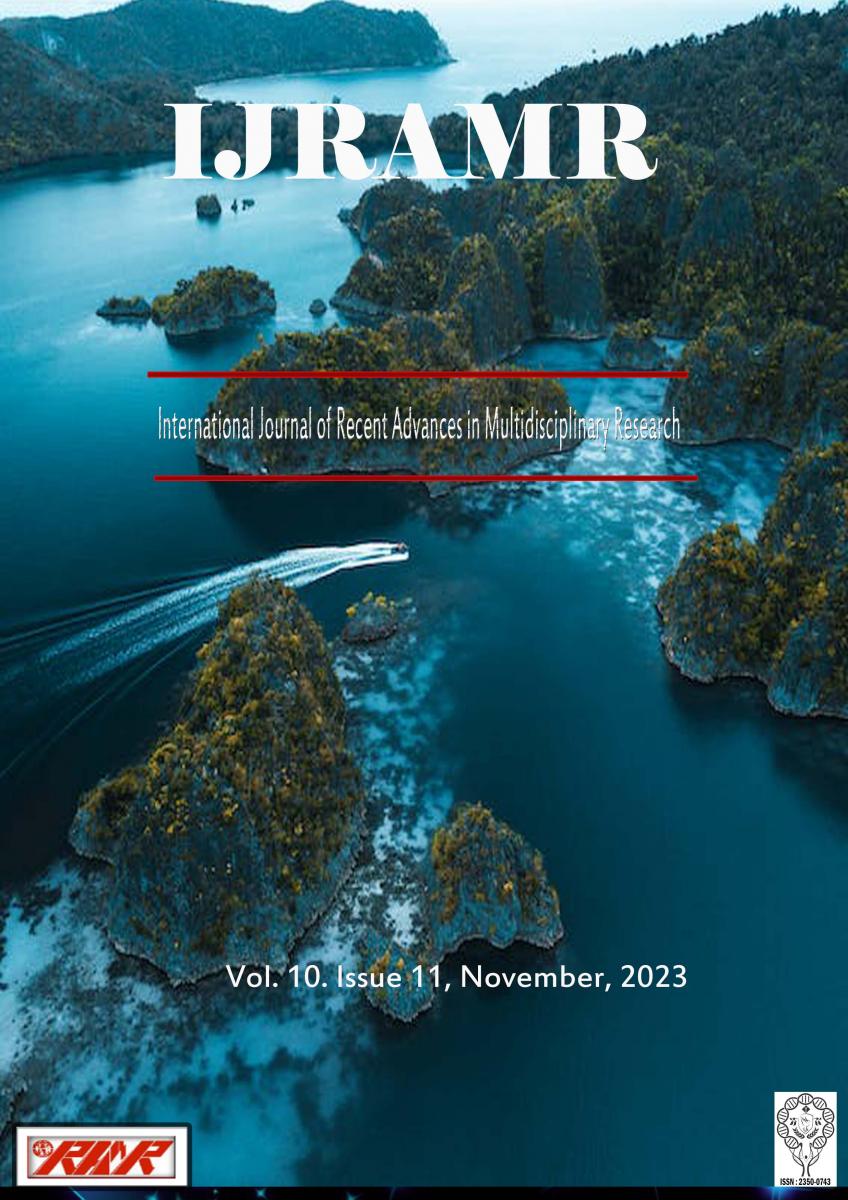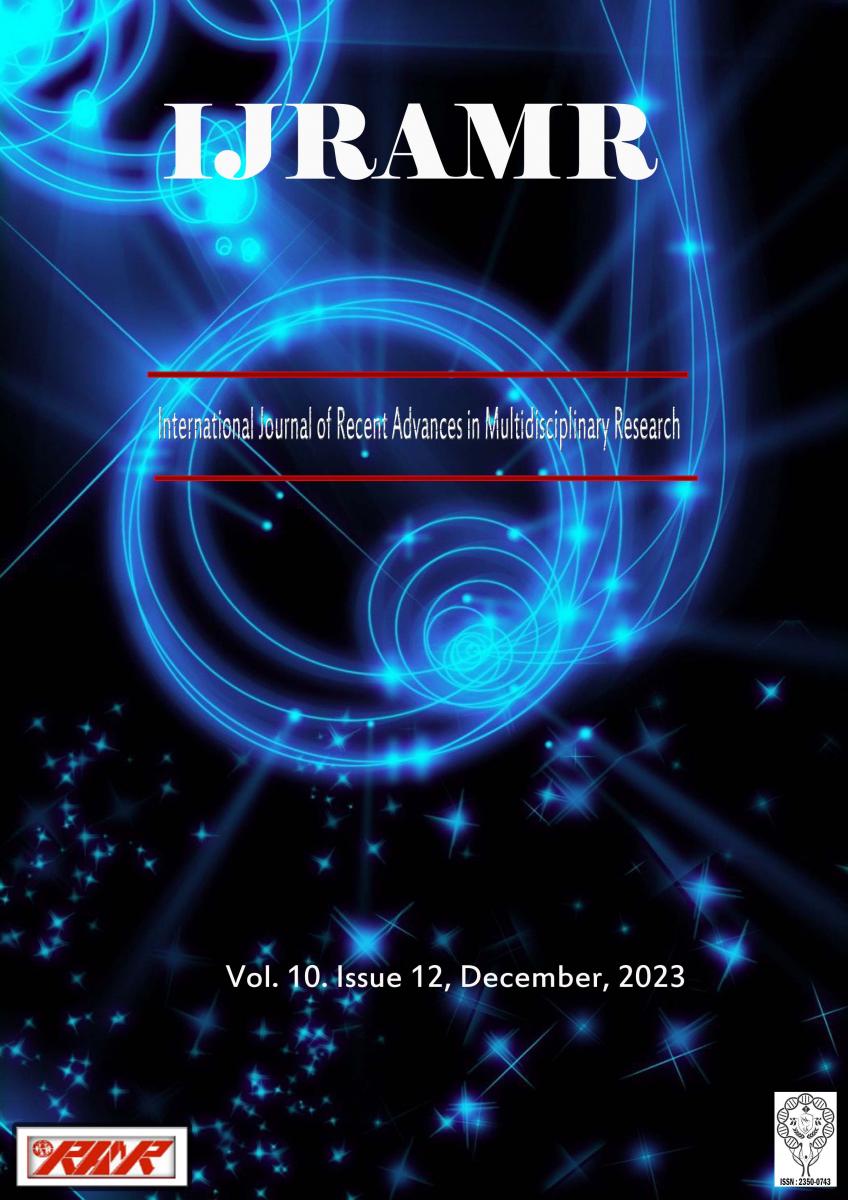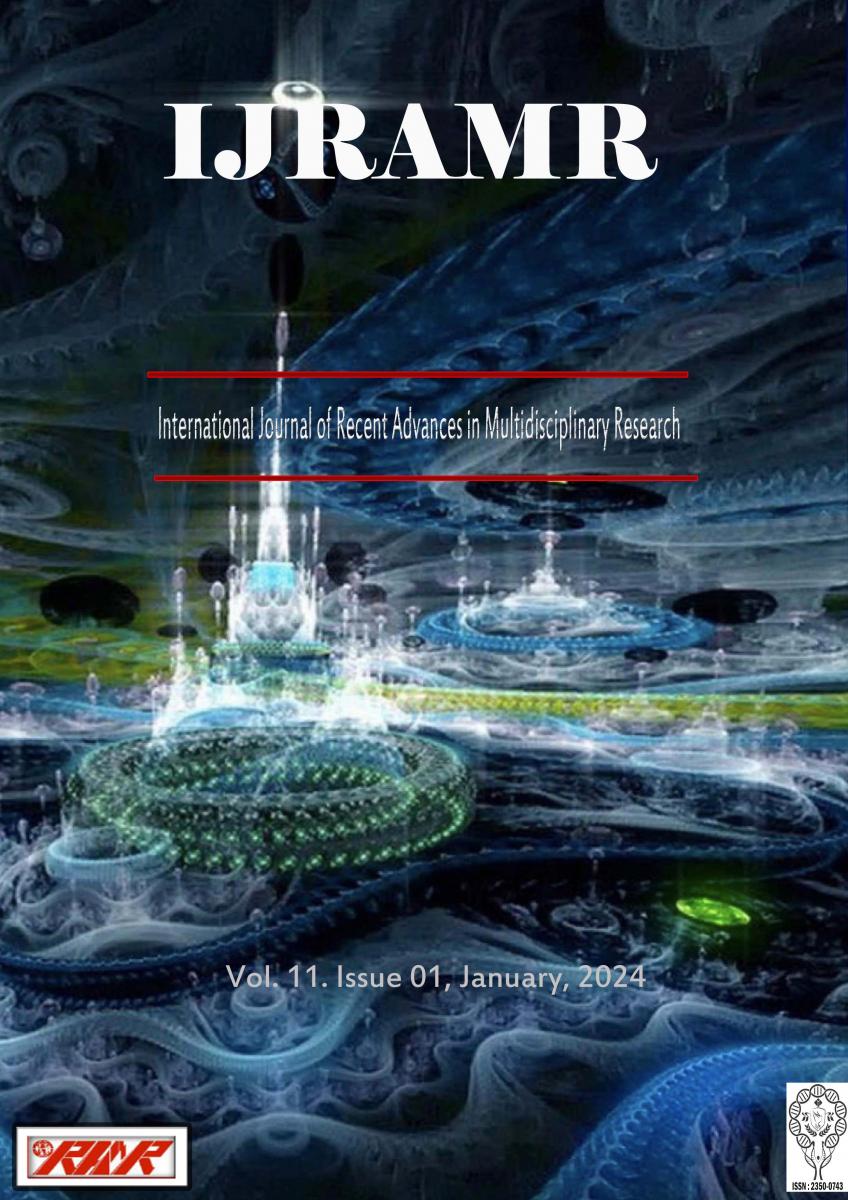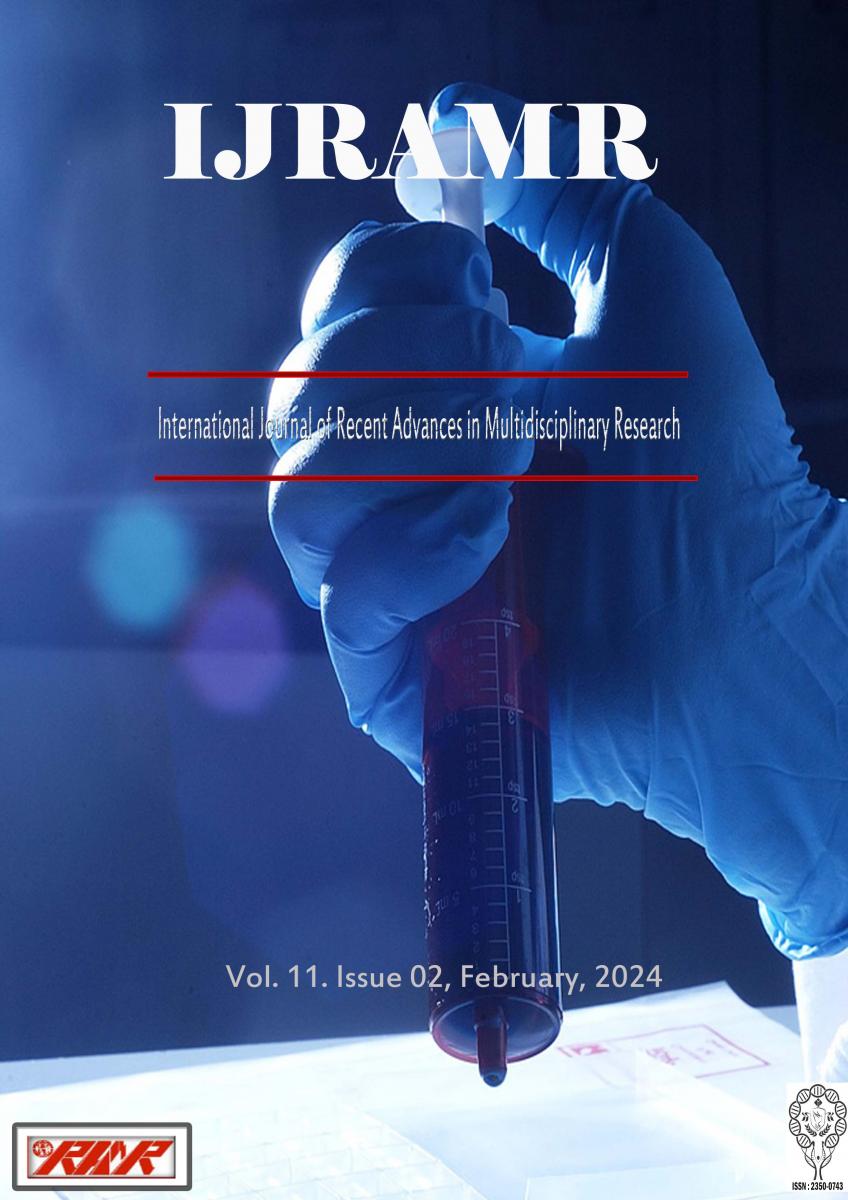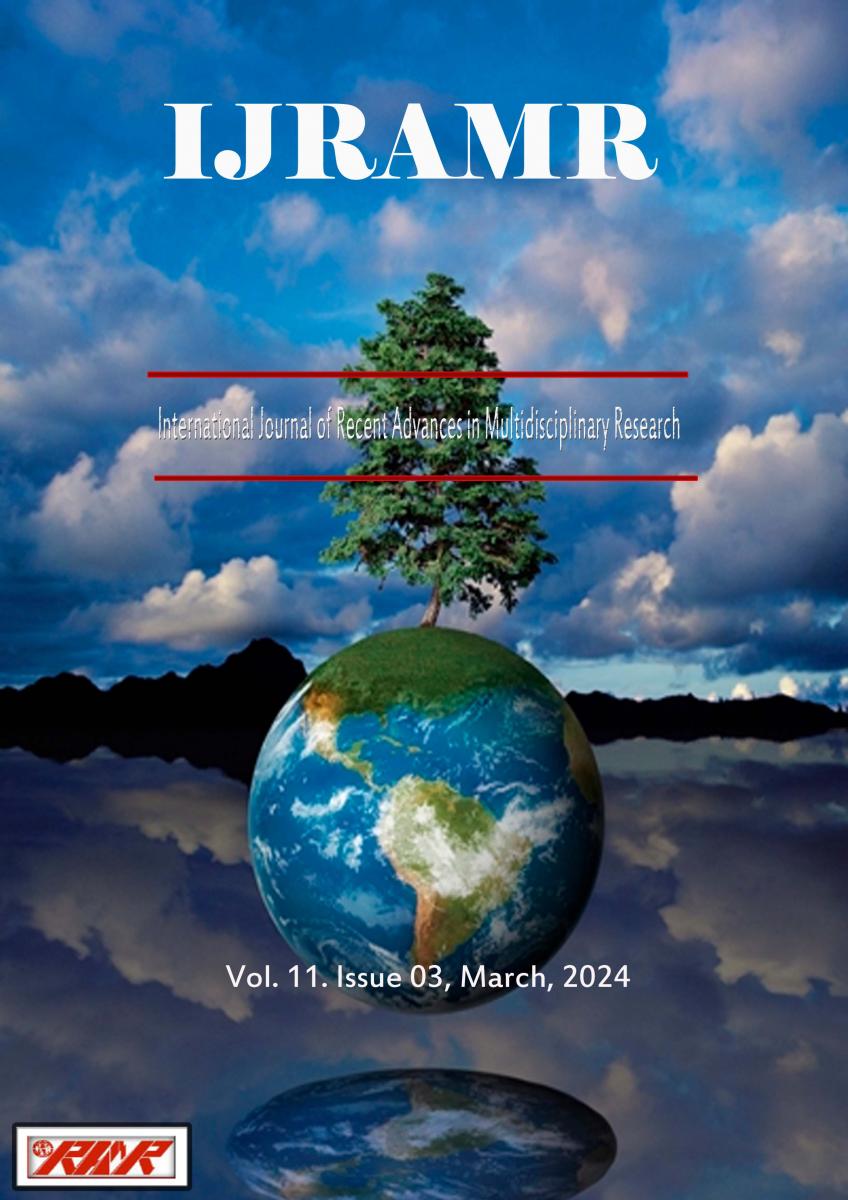With the emergence of technology and growing demand of the society, digital inclusion became a key issue and developed nations started adopting it to better serve their citizens through efficient and effective services, with accountability and transparency. Digital inclusion addresses the issues related to the access of ICT (Information and Communication Technology). It is the policy-driven approach that encompasses internet access and the availability of digital content, services, hardware, software, and training skills required for its practical usage. ICT has changed the style of functioning of the educational system and itsgovernance with the help of digital data, its storage, retrieval, manipulation andtransmission. It has emerged as a cost-effective and time saving tool. New demands in higher education prevail in developing innovative curriculum, facilitating online, distance, and blended education.There is a dire need to widen the access to higher education, provide technical support and guidance for universities to include provision for technology based online learning management system supporting lifelong learning along with online administration and management activities; also catering the needs of researchers and academicians. Adoption of digital technology can change the present trend of the management of higher education sector by transforming their working culture. For good administration and management of university system it is essential, to accelerate the decision-making process with better planning by eliminating the barriers of time and space in communication.
